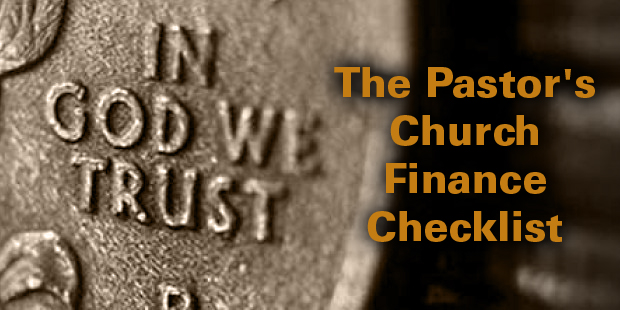
9 Reminders for Utilizing the Internet as a Mission Field
As in any practice, there are extremes. Some pastors and staff steadfastly refuse to get involved in technology, social media, or blogs. On the other extreme, some ministers misuse and abuse the helpful tools and media available to them.
After nearly a decade of involvement in social media and, later, the blogosphere, I have seen the best and the worst. Allow me to share what I have learned from the best in ministry who are active in this realm.
- Be involved in technology, social media, and blogs. It is missiologically irresponsible not to be. That is where the growing mission field resides, and you need to be among them.
- Be informal most of the time. Social media and blogs are conversations; they thus have a certain informality to them. There is a place for formal writings, but it is not here. By the way, informality and poor grammar are not synonymous.
- Don’t be too informal. We can get too relaxed and write things we regret. Being informal doesn’t mean being stupid.
- Watch your tone. Different researchers have noted that we see our own writings in social media as friendlier than readers perceive them. Harvard Business Review advocates to business and political leaders to write 30% friendlier than you would normally. But don’t ask me how you measure friendly writings.
- Read your writings out loud. It hardly takes any time. You will catch things you would not otherwise, and it can save you a lot of embarrassment.
- Embrace humor, but do so cautiously. I have been told on too many occasions I am sarcastic. I mean to be humorous, but my writings can sometimes come across differently to readers. I am working on this area of improvement.
- Avoid or, at least minimize, acronyms and emoticons. Many people don’t know what those letters mean. And if you overuse some, like omg, lol, or smh, you can seem like a silly teenager. This next statement is my personal peeve; many people disagree with me. I wish emoticons would be banned from usage forever!
- Minimize bragging or humble bragging. Sometimes we just need to celebrate some big wins and big news. That’s okay. We can overdo it though. It can be especially irritating if it’s humble bragging.
- Remember: The Internet is permanent. There is no such thing as making your words disappear forever. I can assure you someone has taken a screenshot of almost every crazy or dumb thing written on the Internet. And there are a lot of smart folks who can find things you thought had been deleted. Too many ministers have forfeited or minimized their ministry future by not being wise on the Internet. And more search committees are doing social media and blog checks on candidates. Be wise with what you write or what you share through links and photos.
There is indeed a great mission field on the Internet in social media and the blogosphere. We need to be leading the way to reach and to minister people who are there. But we need to do so graciously, wisely, and with great discernment.
Are you ready for a new levels of conversation and connectivity using the Internet? Learn more about Auxano’s Communication services.

Tags: Internet, Internet as Mission Field, Mission Field, Thom Rainer

























